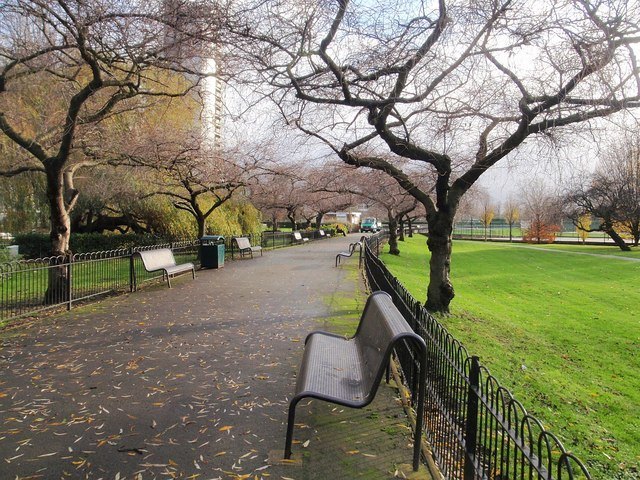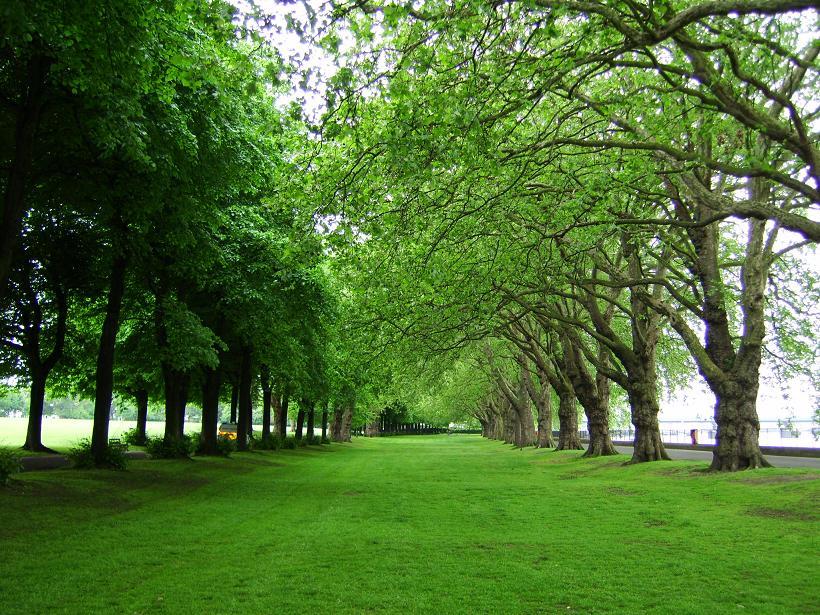
The River Wandle and Wandsworth have always been inextricably linked by their names, originating from the Old English ‘Wendlesworth’ which means ‘Wendle’s Settlement’.
The river divides the borough into two, flowing into the Thames. Its valley provides a wealth of activities and places of interest to visit —parks and green spaces offering fascinating glimpses of an industrial past and, today, a haven for anyone who enjoys the great outdoors, its wildlife and natural beauty.
The Wandle Trail runs through Wandsworth, so exploring the valley can be fun on foot or on two wheels —exercise, entertainment and education all in one excursion!
55 acres of grassland make up King George’s Park, with avenues of trees, a lake and formal gardens, with plenty of sporting and leisure activities for kids and adults alike.
The Spit and Causeway Island at the mouth of the Wandle is a nature reserve alive with birdlife.
Wandsworth was once a centre of industry, with a dock at the mouth of the Wandle. In the late 1600s, the borough gave refuge to Huguenot craftsmen fleeing religious persecution in Europe. They made Wandsworth famous for textiles, silk weaving, calico printing, dyeing, bleaching, hat and wig making.
The river also powered paper, corn, copper and iron mills, vinegar works, match and starch factories, distilleries and white-lead manufacturers — all great for local employment but not so good for the river, which often ran strange colours with the dyes and other unmentionables pouring out of the factories.
Today, the River Wandle runs clean and clear and is once more swimming with fish, waterfowl and aquatic plant life — except perhaps in Wandsworth town centre, where it runs in a culvert right under Southside Shopping Centre which was something of an engineering triumph in the early 1970s.
Industry has largely disappeared but Young’s Brewery, established in 1581, is still there and offers tours. Apart from that, reminders of the past are to be found in the street names, like Iron Mill Place, Armoury Way and Foundry Place.



